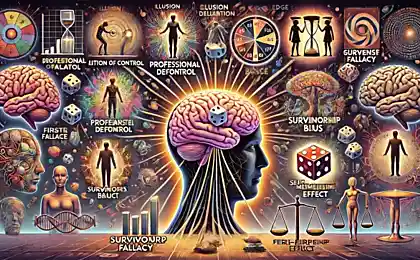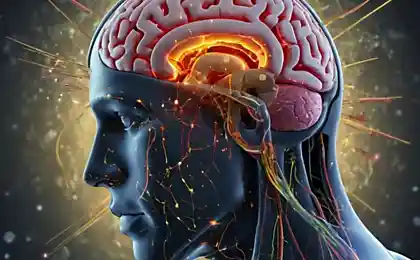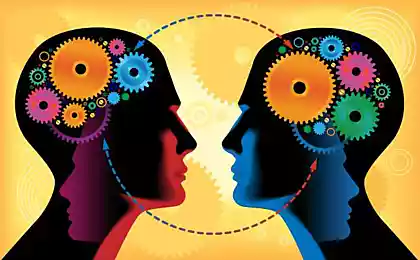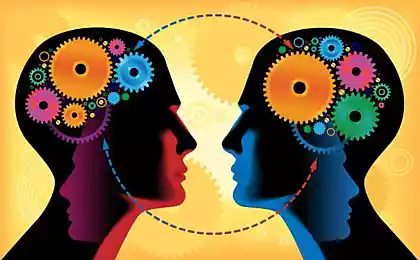728
"Halo effect" - a human tendency to evaluate the actions of other people based on first impressions

Halo effect - it is a scientific explanation as to why we tend to hang labels on others, and then do not want to part with these labels. At a time when you know a person superficially, with only one hand, or were aware of before he met with his reputation, created fertile ground for the halo effect manifested itself in all its glory. Consider an example.
New colleague at work volunteered to help, and very effectively decided your problem. Also it was nice and friendly. "Good man, just wonderful" - and you decide to do this anymore counterpart is not particularly interested. And then you learn that he beat his wife. "Can not be! He's a good man, just wonderful, it's empty gossip. "- You think. But when it turns out that everything is true, and your colleague is prone to domestic violence, do you think something like: "Oh, this was a good man, life, apparently brought the wife or bad, or maybe he had depression." One shortcut that you're at it hung originally, does not allow you to open your eyes to the truth: the only thing your colleague good - it is in his work, but otherwise it is completely anti-social type, with was so in the time of your acquaintance.
The halo effect can be positive or negative. It can manifest itself not only in relation to your personal acquaintances, but also against public officials, stars, politicians and popular brands. If you once enjoyed a certain product a certain company, you often gives "credibility" of the company and believe that all of their products of the highest quality, a nice logo and advertising campaign is intelligent and unobtrusive. Although perhaps it is not so, but have neither the time nor the desire to understand in all this, and you're happy to follow your label hanged.
Halo effect with the success enjoyed by the fraudsters. An example from the classics: the officials in the comedy of Gogol's "The Government Inspector" was originally introduced to Khlestakov both the auditor. The belief that in front of them is a member of the Audit Commission, has long allowed them to turn a blind eye to the fact that Khlestakov does not understand his work, he does not deal with it, and in general, in the auditor did not like.
The halo effect occurs under:
- Lack of time. In humans, there is no time to thoroughly get to know the other person, and carefully consider his personality traits or the situation in which he was;
- Information overload. Man is so overloaded with information about the various people that he does not have the opportunity and time to think in detail about each separately;
- Insignificance of another person. Accordingly, there is a vague, indefinite idea of the other, its "aura»;
- Stereotype that arose on the basis of the generalized idea of a large group of people to which the person is, for whatever parameters belongs;
- Brightness, extraordinary personality. One kind of personality trait is evident around and set off into the background all his other qualities. Psychologists have found that physical attractiveness is often just such a feature.
Of course, the halo effect is observed in the behavior of all people without exception, and is one of the consequences of the innate human subjectivity.
via factroom.ru























